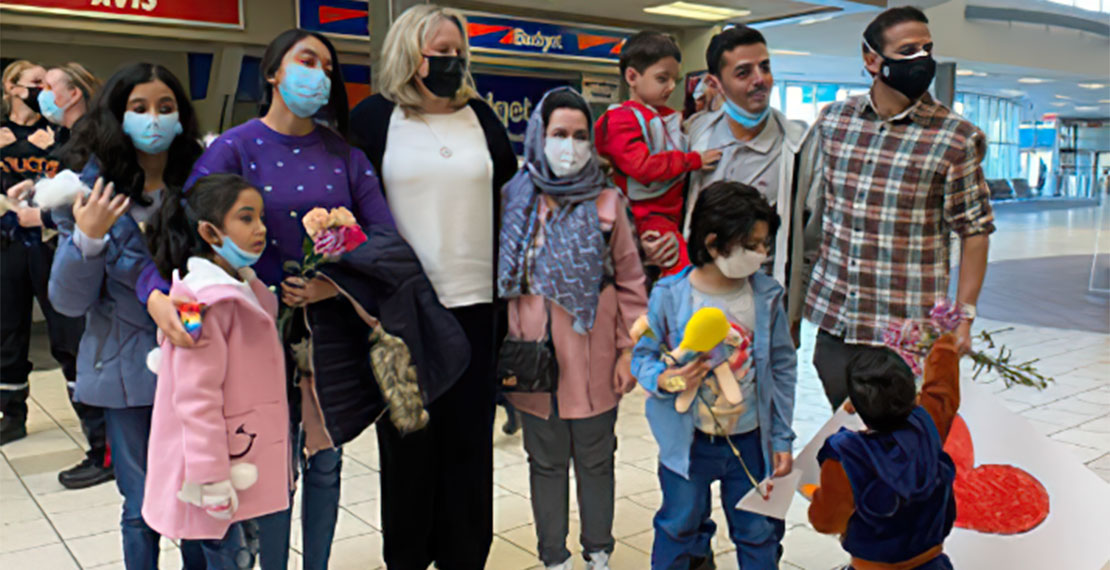In a recent interview with Law360 Access to Justice, Selendy & Gay co-founder and managing partner Jennifer Selendy said it was her own life experiences that led her to join a coalition to help more than 500 Afghans, many of whom had been female students at a Kabul high school, leave Afghanistan.
After the U.S. withdrew its troops from Afghanistan in August and the Taliban retook control of the country, Selendy became involved in helping female students, family members and teachers associated with Marefat High School in Kabul evacuate the country through Tufts University's Institute of Global Leadership. Selendy, a Tufts alumna and vice chair of IGL's board, said that Abuzar Royesh, a young Afghan entrepreneur who attended Tufts for undergraduate studies, reached out to the board in August about assisting students and community members of the high school that was founded by his father.
She said that she chose to participate in the project because of her own personal experiences as a woman, including times she felt implicitly and explicitly threatened with violence or dismissed and disrespected because of her gender.
"Even though my experiences are not comparable to those of Hazara women living under the rule of the Taliban, they are seared into my mind as some of the most infuriating and emotionally painful experiences of my life. I could not live with myself if I did not act to help women and girls facing such extreme emotional and physical abuse and systemic injustice."
Many of the Marefat High School girls' lives would have been in danger if they had remained in Afghanistan under control of the Taliban, Selendy said. They are of the Hazara ethnic minority, which has historically been oppressed by the Taliban, and they engaged in activities like singing, athletics and attending school with boys that are prohibited by the Islamic fundamentalist group.
Selendy worked with seven people, including Royesh, to rescue more than 500 people, including more than 400 schoolgirls, their family members and teachers, from October through November, according to the Thirty Birds Foundation, the organization their group founded to support the evacuation mission.
Even though Selendy has leadership and strategic planning experience, being a co-founder and managing partner of her own firm, she said nothing could prepare her for trying to evacuate women and girls from a war zone. One of the most challenging aspects of the project, she shared, was deciding whose lives were most at risk and who most likely would be harmed by the Taliban if they stayed in Afghanistan.
"It's just a very weighty responsibility to decide who gets out and who doesn't, and that was extremely hard for me," she said.
Read the full interview here.


3.jpg)